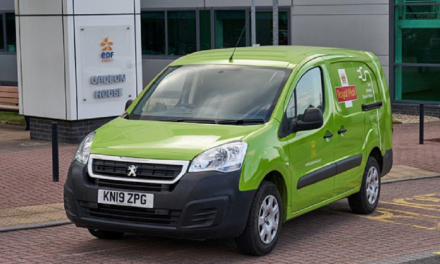
Rail freight still in frame for UK mail delivery
Royal Mail chairman Alan Leighton has hinted at a continuing role for rail freight in British letter distribution.
Mr Leighton told a committee of MPs Royal Mail was still talking with six ‘operators’ about retaining a rail freight option.
‘We are not playing games,’ he said. ‘We are in these discussions because we may be able to find a solution.’
In June this year state-owned Royal Mail announced that it would stop using rail in 2004 because it could not negotiate a new contract with EWS, the present freight train provider, after two years of talks.
A bullish Mr Leighton told Westminster MPs examining the future of the railways: ‘The Post Office is a logistics business that handles 80m items a day.’
He added: ‘The big rail issues for us are reliability and supply chain consistency. ‘Reliability on rail can vary between 80% and 95%. We could not allow that to continue because we cannot recover the cost.
‘We wanted a more streamlined approach from all our transport, and that included rail.’
In its written evidence to the committee, Royal Mail said that EWS ‘were unwilling to quote a competitive price for the revised service we requested’, adding: ‘It was £40m ($65m) or nothing’.
The final quotations from EWS that were used in the Royal Mail decision making were £25.9m a year above the road-only solution.
For its part, EWS planning director Graham Smith told the MPs that the profit from Royal Mail was enough for the company to ‘reinvest in new locomotives and facilities’ for the contract.
‘I note their comments about our profits and I would very strongly disagree,’ he added.
The Freight Transport Association has welcomed the rail regulator’s call for more freight line funding.
The FTA had been very concerned over recent proposals from the Strategic Rail Authority to reduce substantially the maintenance budget for many secondary, rural and freight only lines.
Regulator Tom Winsor has now said that the strategy would result in an unacceptable reduction in service performance on such lines and that the government should therefore provide additional funds to maintain them.











